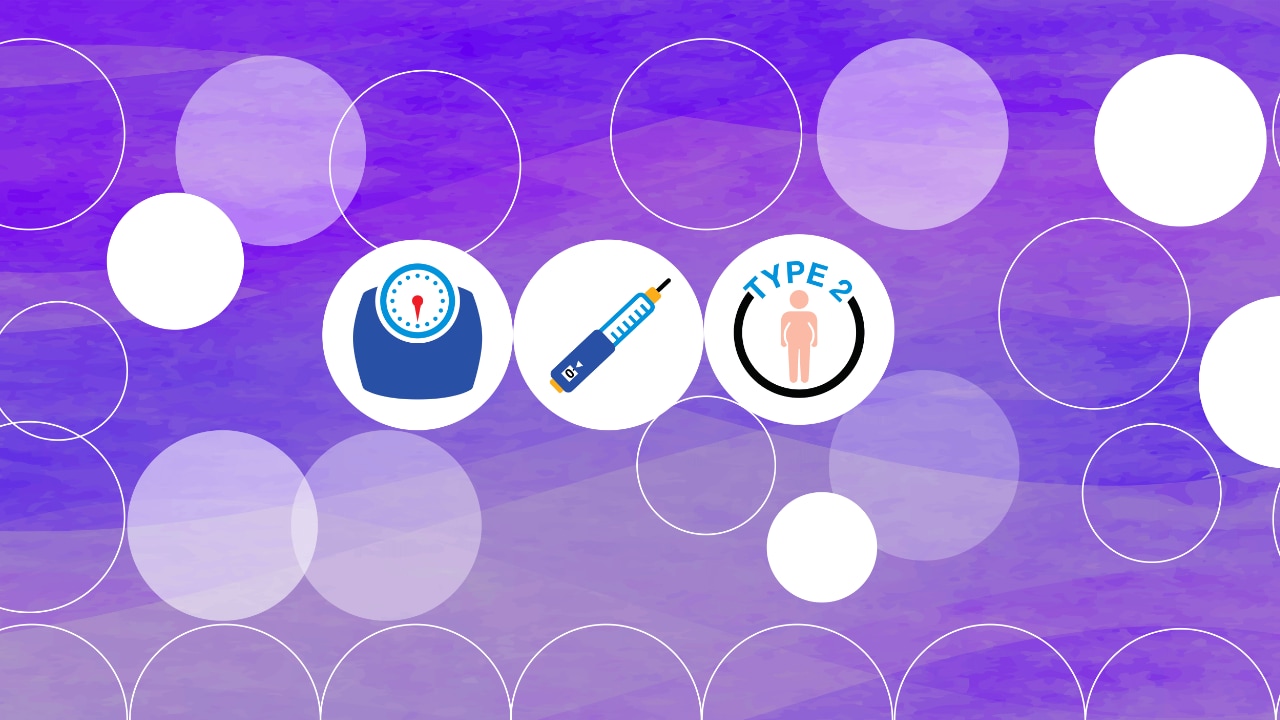(Reuters) - Novo Nordisk and Eli Lilly have pulled ahead in the race for a slice of the weight-loss drugs market, expected to be worth $100 billion by the end of the decade, and rivals are looking to catch up through acquisitions and trials.
The following are deals by big drugmakers and comments from top executives on the promising opportunity:
ASTRAZENECA
The Anglo-Swedish drugmaker last month placed a $2 billion bet by licensing an experimental pill from China's Eccogene that it believes could cause fewer side effects than current injectable weight-loss treatments.
AstraZeneca was "a few years behind" the runaway success of Novo and Lilly's drugs and was "working on the next wave of products", CEO Pascal Soriot told Reuters last month.
The company is focusing on overweight population with risk factors like hypertension and kidney disease as opposed to a cosmetic market.
JOHNSON & JOHNSON
The company may consider entering the market for newer obesity drugs if there was a "really differentiated and complementary" opportunity, CEO Joaquin Duato said on an investor call earlier this week.
He said that J&J will consider entering the stage in the future if "there are alternative mechanisms or approaches that make sense."
MERCK
Merck's experimental drug, efinopegdutide, which is being developed as a treatment for nonalcoholic steatohepatitis (NASH), also showed "compelling" weight-loss benefit.
"But it (efinopegdutide) has also about 10% to 12% weight loss benefit...I think we have a whole cardiometabolic program. And I think that our focus here is NASH as the anchor around which we build other things," Merck's Chief Medical Officer Eliav Barr said at an investor conference last month.
ROCHE
The Swiss pharma group jumped on the bandwagon earlier this month by agreeing to take over weight-loss drug developer Carmot Therapeutics for $2.7 billion.
Carmot's most promising drug candidate, a once-a-week injection called CT-388, belongs to the same class as Lilly's Mounjaro, or Zepbound.
Roche's pharmaceuticals division head Teresa Graham told Reuters the company had ambitions beyond a low-price alternative to the leaders in the market.
Graham said CT-388 could become the best obesity drug in the GLP-1 class, either on its own or in combination with other compounds.
PFIZER
Pfizer faced a setback this month after it decided not to advance a twice-daily version of oral weight-loss drug danuglipron into late stage as most patients dropped out of the mid-stage trial due to high rates of side effects.
The company has a once-daily version of danuglipron still in the development.
"With big markets, there's going to be niches of markets and certain patient needs across the market. And how we play in that market is yet to be determined," CFO David Denton said at an investor conference last month ahead of the trial data.
REGENERON PHARMACEUTICALS
The drugmaker is developing a combination treatment for obesity which it plans to enter clinical trials early next year.
"A partner, I think, could make sense. We're certainly not averse to partnering with leaders in the space. Well, first, I think the goal is to figure out if these antibodies have an application in the obesity category," Regeneron executive Ryan Crowe said at an investor conference last month.
(Reporting by Mariam Sunny in Bengaluru)
Reuters Health Information © 2023









